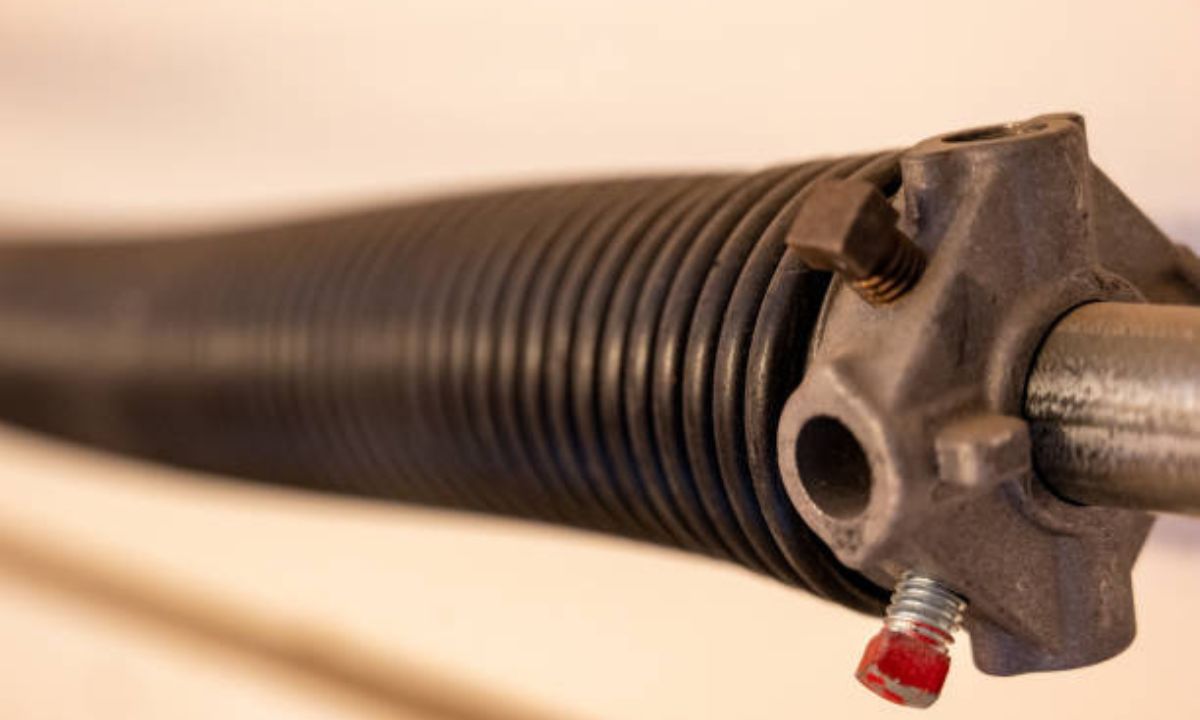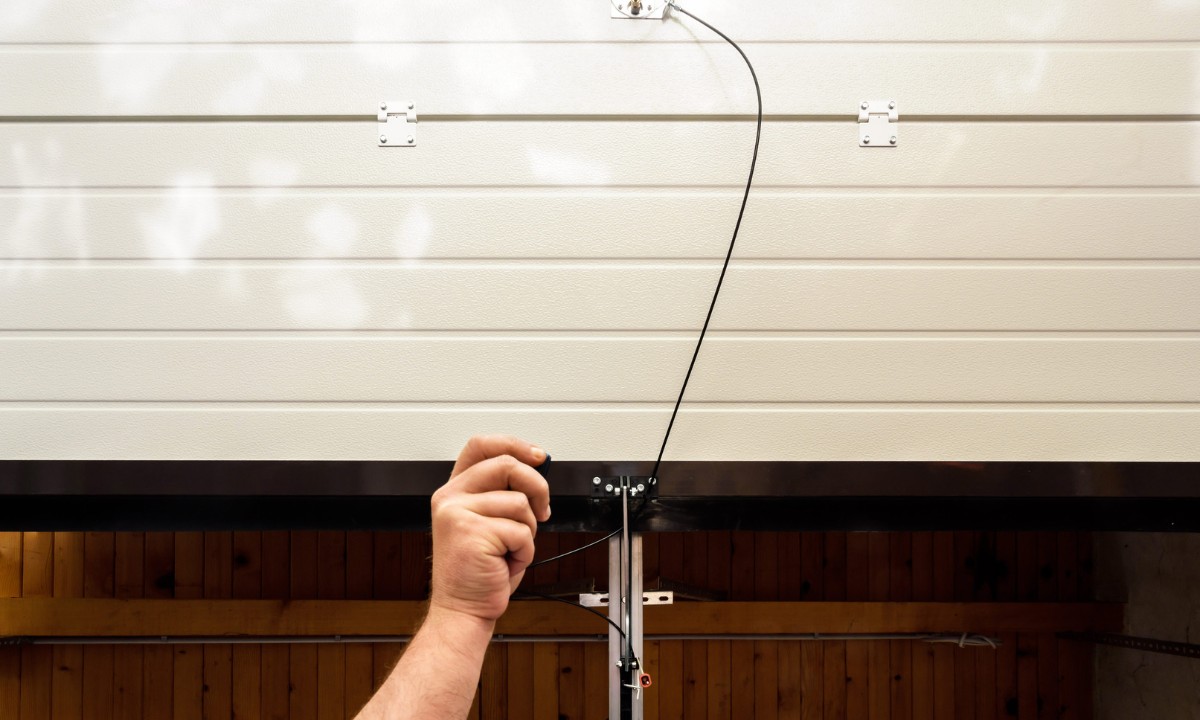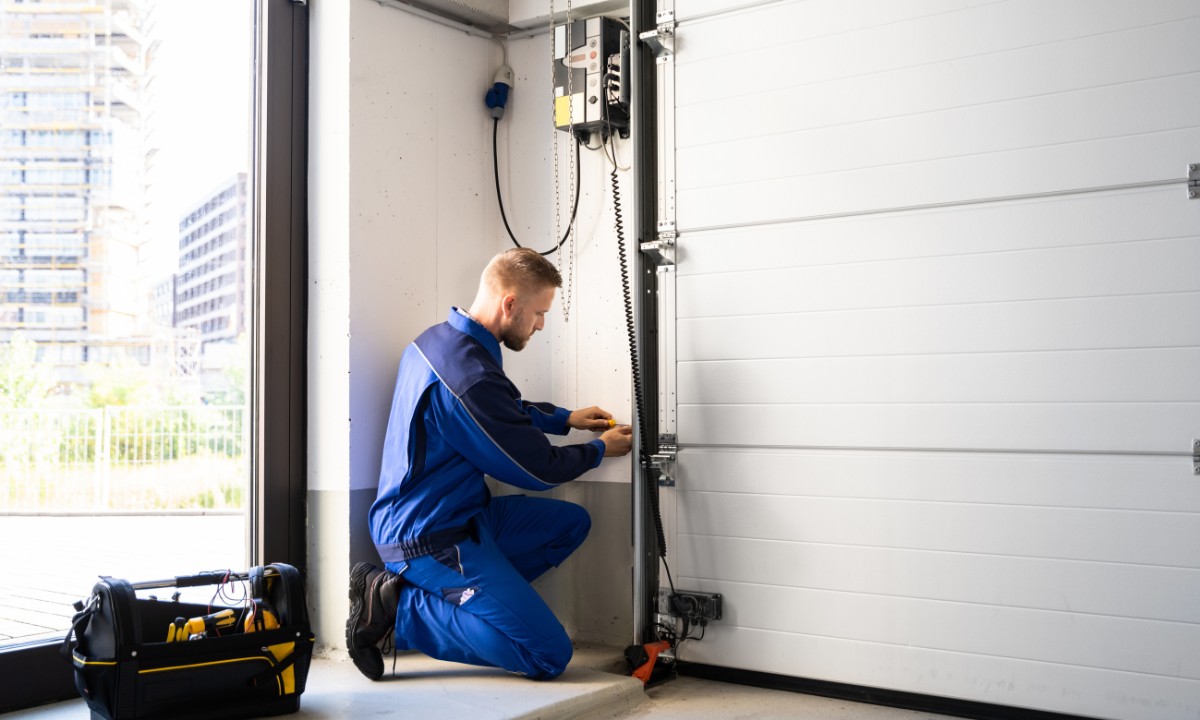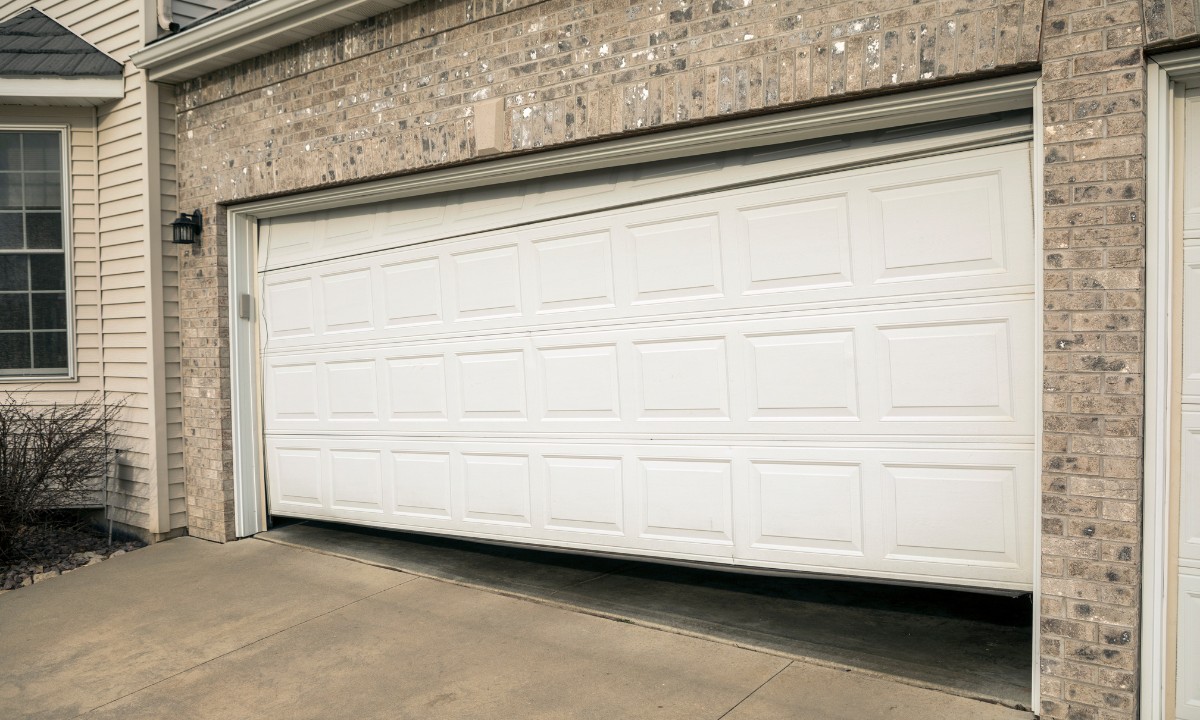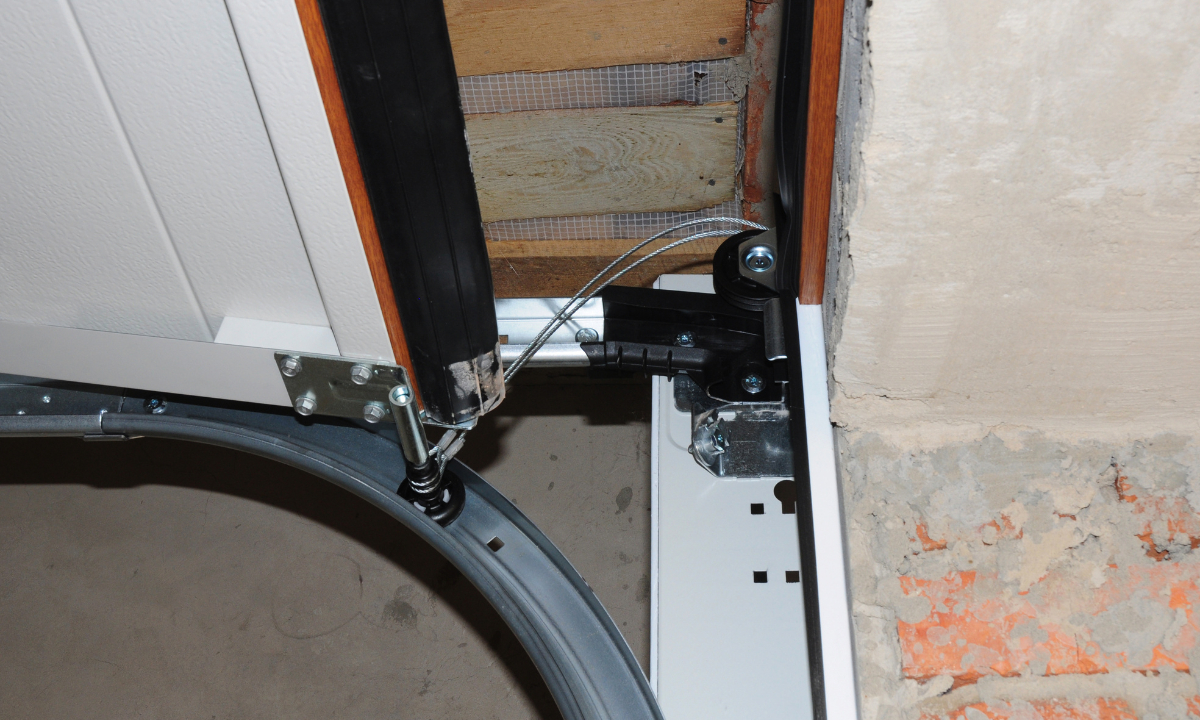Understanding the many types of garage door springs in South Saint Paul,
Minnesota
Introduction
South Saint Paul, a city in Dakota
County, Minnesota, has a rich history and a close-knit community. With a
population of over 20,000, this suburban region is noted for its
family-friendly atmosphere, historic charm, and numerous housing possibilities.
The city has a humid continental climate, which affects home maintenance
demands, especially garage door systems.
City Demographics and Weather
South Saint Paul's housing market
has a mix of older residences and newer developments, reflecting the city's progress
over time. The city's real estate ranges from classic mid-century homes to
modern properties, therefore garage door systems can vary greatly in age and
style.
The environment in South Saint Paul
creates particular obstacles for garage door maintenance. The region endures
cold, snowy winters, with temperatures frequently falling below freezing. Snow
and ice can make garage door springs weak or rusted. Summers, on the other
hand, are warm and humid, which can cause metal components to rust and deteriorate.
An overview of spring types in South
Saint Paul, Minnesota
Garage door springs are critical to
the smooth and effective operation of garage doors. They come in two basic
categories, each with particular characteristics and maintenance requirements:
Torsion Springs
These springs are horizontally
installed above the garage door and work by twisting to lift it. They are
commonly utilized for heavier garage doors and are renowned for their strength
and stability.
Extension Springs
Located on either side of the garage
door, extension springs stretch and compress as the door moves. They are
typically utilized in lighter-weight doors and have a simpler design than
torsion springs.
Contact Information: 651-564-9902
Types of Spring Repair
Repairing garage door springs
entails resolving specific concerns pertaining to the type of spring installed.
Repairs for torsion and extension springs often differ as follows:
Torsion Spring Repair
When repairing torsion springs, the
tension is generally adjusted to guarantee that the door runs smoothly. Because
of the tremendous tension, repairs should only be done by professionals to
avoid damage. Common fixes are:
Tension Adjustment
Getting the right amount of tension
to balance the door.
Lubrication is the process of
applying lubricant to minimize friction and prevent rust.
Rust and corrosion
Perform regular maintenance to avoid
rust and increase the life of the springs.
Tension Adjustment
Ensure that the springs are properly
adjusted to balance the door.
Replacement
If the springs are worn or broken,
they should be replaced.
Comparing various spring types
To compare torsion and extension
springs, consider the following factors:
Maintenance
Torsion springs require less regular
maintenance than extension springs. Extension springs are more prone to rust
and corrosion, particularly in humid circumstances.
Torsion springs are more difficult
to install, requiring specialized tools and skills. Extension springs are
easier to install, but they may require more regular adjustments and
maintenance.
Torsion springs are usually more
expensive to install and maintain because of their intricacy. Extension springs
are normally less expensive, although they may require more regular
maintenance.
Common Issues
Different types of garage door
springs may encounter distinct issues:
Torsional Springs
Torsion springs break over time due
to the tremendous tension. Regular inspection and maintenance can assist to
avoid unexpected failures.
Imbalance
An imbalanced torsion spring can produce
uneven door movement and put additional strain on other components.
Rust and corrosion
Extension springs are more likely to
rust, especially in humid environments. This issue can be mitigated with
regular lubrication and maintenance.
Uneven Stretching
Over time, extension springs can
extend unevenly, resulting in uneven door movement and associated operational
problems.
Spring Replacements
Choosing the proper type of spring
for your garage door requires a few considerations:
Assessing Door Weight
Determine the weight of your garage
door before choosing the proper springs. Torsion springs are ideal for heavy
doors, whereas extension springs work well for lighter doors.
Professional Installation
Professional installation is
suggested for all types of springs to ensure good function and safety.
Incorrect installation can cause further issues and safety dangers.
Long-Term Considerations
Consider the springs' long-term
durability and maintenance requirements. Torsion springs last longer and
require less maintenance than extension springs.

